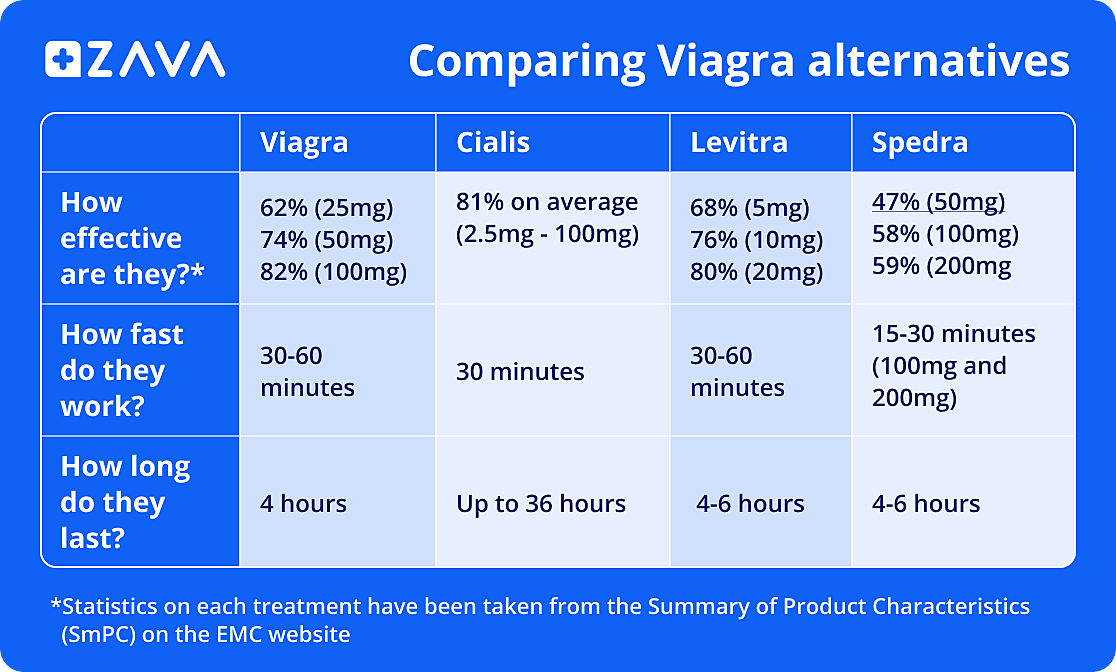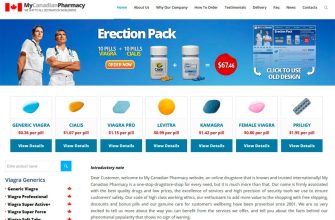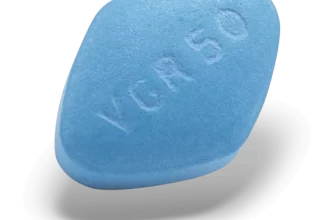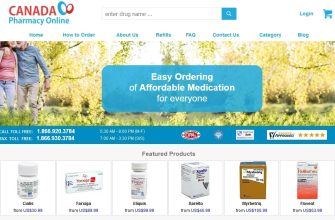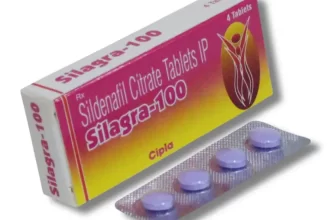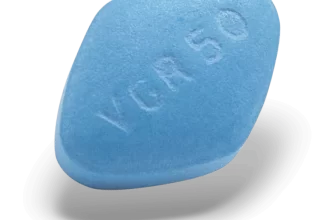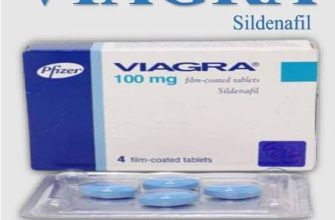Consider lifestyle changes first. Regular exercise, a balanced diet, and stress management techniques like yoga or meditation can significantly improve erectile function for many men. These approaches often address underlying health issues contributing to ED, offering a natural and holistic path to better sexual health.
Beyond lifestyle adjustments, explore herbal remedies. Some studies suggest that certain herbal supplements, such as L-arginine and ginseng, may support blood flow and improve erectile function. However, it’s crucial to discuss these with your doctor before use, as they can interact with other medications. Always prioritize safety and informed decision-making.
Several prescription medications offer viable alternatives to Viagra. These include Cialis, Levitra, and Stendra, each with its own mechanism of action and potential side effects. Your doctor can assess your individual health profile to determine the most suitable option for you, considering your medical history and any potential drug interactions.
For some men, vacuum erection devices or penile implants may be appropriate solutions. These options are generally considered after other treatment methods have been explored. Discuss these advanced options with a urologist or a specialist in sexual health to understand their suitability and potential risks.
Remember: Open communication with your doctor is paramount. They can provide a personalized assessment, identify underlying health problems contributing to ED, and guide you towards the safest and most effective treatment approach tailored to your specific needs.
- Alternatives to Viagra for ED
- Lifestyle Modifications
- Medical Interventions
- Counseling and Therapy
- Hormone Replacement Therapy
- Lifestyle Changes for Improved Erectile Function
- Oral Medications Besides Viagra: PDE5 Inhibitors and Others
- PDE5 Inhibitors: A Closer Look
- Other Oral Options
- Natural Remedies and Supplements for Erectile Dysfunction
- Dietary Changes and Lifestyle Adjustments
- Vacuum Erection Devices and Their Effectiveness
- Understanding VED Success Rates
- Practical Considerations and Limitations
- Surgical Options and Penile Implants
- Malleable Implants
- Inflatable Implants
- When to See a Doctor About Erectile Dysfunction
- Sudden Onset of ED
- ED Accompanied by Other Symptoms
Alternatives to Viagra for ED
Consider lifestyle changes first. Regular exercise, a balanced diet, and stress reduction techniques like yoga or meditation can significantly improve erectile function. These natural approaches often address underlying health issues contributing to ED.
Lifestyle Modifications
Losing excess weight, if applicable, is crucial. Obesity directly impacts blood flow, which is fundamental for achieving an erection. Aim for a diet rich in fruits, vegetables, and lean proteins. Limit alcohol and avoid smoking altogether. These simple changes can make a remarkable difference.
Medical Interventions
If lifestyle adjustments prove insufficient, explore medical options. Your doctor might suggest oral medications like Cialis or Levitra, which work similarly to Viagra but have different durations of effect. Other treatments include injections directly into the penis (alprostadil), vacuum erection devices, or penile implants as a last resort.
| Treatment | Mechanism | Advantages | Disadvantages |
|---|---|---|---|
| Cialis | Increases blood flow | Longer duration of action | Side effects possible (headache, back pain) |
| Levitra | Increases blood flow | Relatively fast-acting | Side effects possible (similar to Cialis) |
| Alprostadil injections | Directly relaxes penile muscles | Effective for many | Requires injection, potential for bruising |
| Vacuum erection device | Creates vacuum to increase blood flow | Non-invasive | Can be cumbersome, temporary effect |
| Penile implants | Surgical insertion of inflatable implants | Permanent solution | Surgical procedure with potential complications |
Counseling and Therapy
Psychological factors often play a role in ED. Therapy, including cognitive behavioral therapy (CBT), can help address anxiety, depression, or relationship issues contributing to erectile dysfunction. A therapist can provide strategies for managing these issues and improve overall well-being.
Hormone Replacement Therapy
Low testosterone levels can contribute to ED. Your doctor might recommend testosterone replacement therapy (TRT) if testing reveals a deficiency. However, TRT carries potential risks and requires careful monitoring. Discuss the benefits and risks thoroughly with your doctor.
Lifestyle Changes for Improved Erectile Function
Prioritize regular exercise. Aim for at least 150 minutes of moderate-intensity aerobic activity or 75 minutes of vigorous-intensity aerobic activity per week. Include strength training exercises twice a week to build muscle mass and improve overall health.
Maintain a healthy weight. Obesity significantly impacts erectile function. Losing even a small amount of weight can make a noticeable difference. Consult a doctor or nutritionist for a personalized weight loss plan.
Quit smoking. Smoking damages blood vessels, restricting blood flow to the penis. Quitting significantly improves erectile function and overall health.
Limit alcohol consumption. Excessive alcohol use can impair erectile function. Moderate your intake or abstain completely.
Improve your diet. Focus on a diet rich in fruits, vegetables, and whole grains. Include foods rich in antioxidants and healthy fats, such as nuts, seeds, and olive oil. Reduce your intake of processed foods, saturated fats, and trans fats.
Manage stress levels. Stress and anxiety negatively affect erectile function. Explore stress-reducing techniques like yoga, meditation, or deep breathing exercises. Consider therapy if stress is overwhelming.
Get enough sleep. Aim for 7-9 hours of quality sleep per night. Sleep deprivation negatively impacts hormone levels, including testosterone, affecting sexual function.
Address underlying medical conditions. Erectile dysfunction can be a symptom of underlying health issues such as diabetes, high blood pressure, or high cholesterol. Effective management of these conditions is crucial.
Consider dietary supplements. Some supplements, such as L-arginine and zinc, may support erectile function. Consult your doctor before taking any supplements, especially if you are on other medications.
Remember to consult with your doctor before making significant changes to your lifestyle or diet, especially if you have pre-existing health conditions.
Oral Medications Besides Viagra: PDE5 Inhibitors and Others
Consider Cialis (tadalafil) for longer-lasting effects, potentially up to 36 hours. This makes it a good option for spontaneous intimacy. However, it’s important to discuss potential side effects with your doctor.
PDE5 Inhibitors: A Closer Look
- Cialis (Tadalafil): Offers longer duration compared to Viagra. Side effects can include headache, flushing, and indigestion.
- Levitra (Vardenafil): Often preferred by individuals sensitive to Viagra’s side effects. It’s known for its relatively fast onset of action.
- Stendra (Avanafil): Known for its quick onset of action, suitable for those who prefer faster results. Side effects are similar to other PDE5 inhibitors.
Remember, these medications are not interchangeable; dosage and individual responses vary. Always follow your doctor’s instructions.
Other Oral Options
Beyond PDE5 inhibitors, other oral treatments exist but require a consultation with a medical professional to determine suitability. These may include medications addressing underlying hormonal imbalances.
- A thorough medical evaluation is crucial to rule out other health issues contributing to ED.
- Lifestyle changes, such as diet and exercise, alongside medication, often improve outcomes.
- Your doctor can help determine the best course of action for your specific situation.
Consult your physician to discuss the risks and benefits of all treatment options. They can help you find the most appropriate and safe solution for your needs.
Natural Remedies and Supplements for Erectile Dysfunction
Consider L-arginine, an amino acid your body uses to produce nitric oxide, which improves blood flow. Aim for 3-6 grams daily, but consult your doctor first, as it can interact with some medications. Remember, results vary.
Another option is ginseng. Studies suggest it may enhance erectile function. Look for standardized extracts with a guaranteed ginsenoside content for better results. Typically, a daily dose of 200-400mg is recommended, but follow product instructions.
Dietary Changes and Lifestyle Adjustments
A balanced diet rich in fruits, vegetables, and lean protein supports overall health, impacting erectile function. Reduce saturated and trans fats, as they can negatively influence blood flow. Regular exercise, especially cardiovascular workouts, improves circulation. Managing stress through techniques like yoga or meditation can also contribute to better sexual health.
Finally, address potential underlying conditions like diabetes or heart disease. These can significantly impact erectile function, and addressing them is crucial. Consult a healthcare professional for a thorough evaluation and personalized treatment plan.
Vacuum Erection Devices and Their Effectiveness
Vacuum erection devices (VEDs) offer a non-invasive, drug-free option for erectile dysfunction (ED). They consist of a plastic cylinder placed over the penis, a pump to create a vacuum, and a constricting band to maintain an erection. Studies show VEDs achieve successful erections in approximately 70% of men with ED. This success rate varies depending on the cause of ED and individual factors, such as the severity of the condition. However, many men find them a helpful aid, particularly for occasional use.
Understanding VED Success Rates
While the average success rate hovers around 70%, factors like the underlying cause of ED significantly influence results. For example, men with ED caused by nerve damage might see lower success rates compared to those with ED stemming from psychological factors or vascular issues. It’s critical to consult a doctor for a proper diagnosis before using a VED to determine its suitability for your specific situation and receive personalized guidance.
Practical Considerations and Limitations
VEDs require a degree of manual dexterity. Some men might find the process slightly cumbersome or uncomfortable initially. Temporary bruising or discomfort is possible, although usually mild and short-lived. A significant limitation is that the erection is maintained solely by the constriction band; once removed, the erection subsides. They are not a solution for long-term maintenance of erections. Nevertheless, many find them a suitable alternative or supplement to other ED treatments for specific needs.
Surgical Options and Penile Implants
Consider penile implants if other ED treatments haven’t worked. These surgically implanted devices restore erectile function. Two main types exist: malleable and inflatable.
Malleable Implants
Malleable implants are semi-rigid rods. They provide a consistently firm erection, suitable for intercourse. However, they are always erect and noticeable under clothing.
Inflatable Implants
Inflatable implants offer a more natural feel. A pump implanted in the scrotum inflates two cylinders within the penis, creating an erection. A release valve deflates them. This option provides more discretion, but involves a more complex surgery and potential mechanical failure.
Before considering surgery, discuss the risks and benefits with a urologist. Potential complications include infection, mechanical failure, and penile scarring. Recovery time varies, but you should anticipate some limitations on physical activity. The longevity of implants varies depending on the type and individual factors; some may last many years. Proper follow-up care is vital for long-term success.
When to See a Doctor About Erectile Dysfunction
Schedule an appointment if erectile dysfunction (ED) persists for more than three months. Don’t wait to seek help; early intervention can significantly improve treatment outcomes.
Sudden Onset of ED
Contact your doctor immediately if you experience a sudden inability to get or maintain an erection. This could indicate an underlying health problem requiring urgent attention. Possible causes include heart conditions, high blood pressure, or neurological issues. Prompt medical evaluation is key.
ED Accompanied by Other Symptoms
Seek medical advice if ED occurs alongside other symptoms such as chest pain, shortness of breath, dizziness, or vision changes. These may be signs of a serious medical condition requiring immediate treatment. Don’t delay; your health is paramount.
Regular checkups with your physician are also recommended, especially as you age. Open communication about your sexual health is crucial for maintaining your well-being.

